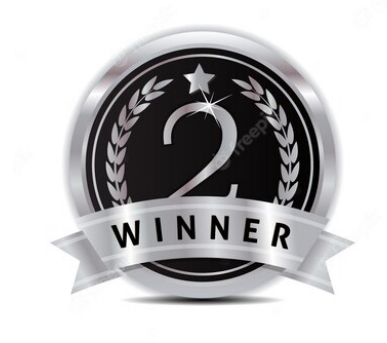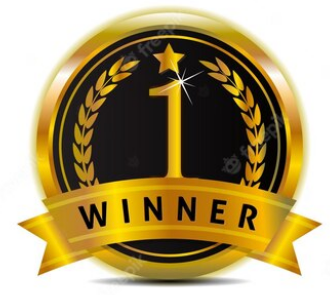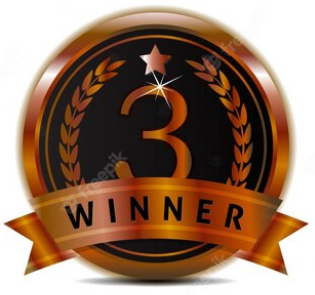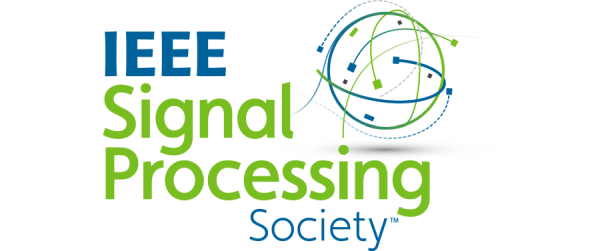SP CUP Challenge 2023 : Psychosis Classification
Goal
Schizophrenia and bipolar disorder are among the top 20 leading causes of disability, demanding timely, accurate diagnosis to select the optimal treatment and reduce the overall burden of the disease. However, the misdiagnosis rate of current diagnostic procedures is high, which is rooted in the descriptive, symptom-based nature of current diagnostics, which do not use objective biomarkers. It is increasingly recognized that biomarkers that reflect underlying neurobiological mechanisms can improve early, accurate diagnosis. This can facilitate the optimal treatment to reduce suicide risk, significant side effects of medication, and the overall burden of the disease. Such biomarkers can be achieved by leveraging resting-state functional magnetic resonance imaging (rsfMRI), which provides noninvasive and indirect measurements of neuronal activities. This competition aims to evaluate the ability rsfMRI to develop valid neuroimaging diagnostic tools to differentiate schizophrenia (SZ) and bipolar psychosis (BPP) using a large dataset of individuals with fully developed symptoms that allowed near to perfect classification using DSM criteria.
Eligibility
Team: Each team must be composed of: (i) One faculty member (the Supervisor); (ii) At most one graduate student (the Tutor), and; (iii) At least 3 but no more than 10 undergraduates. At least three of the undergraduate team members must be SPS student members.
Dataset
The dataset for this competition consists of rsfMRI from individuals with schizophrenia and bipolar psychosis. Each individual, one hundred five intrinsic connectivity network (ICN) obtained using a multi-spatial-scale template from 100k+ subjects and a constraint ICA approach. ICN timecourses and their functional network connectivity (FNC) will be distributed to the participants. Additional Information about data can be found on Kaggle page ( Kaggle Link)
Assessment criteria
The problem proposed is a classification task of SZ versus BPP. The dataset is split into training and test sets. The entire dataset with the label of the public train set will be available to the teams. Each team is allowed up to 5 public submissions per day, and 1 private submissions. For each submission, the team has to submit soft classification scores for the test set and will receive feedback about AUC on the public test set only. Teams can select up to 2 submissions that will count toward their final leaderboard score.
Important Dates
Register your team on the SPS page ( SPS RegistrationLink ) and create a Kaggle account using your team name on and compete ( Kaggle Link )
Submission deadline: March 17, 2023
Finalists Announcement: March 31, 2023
Final @ICASSP: June 4-10, 2023
Organizers
Noah Lewis
TReNDs CenterBiozid Bostami
TReNDs Center, Brain Space InitiativeAdithya Ram Ballem
TReNDs CenterMahshid Fouladivanda
TReNDs CenterSumanth Meenan
TReNDs CenterVince Calhoun
TReNDs Center, Brain Space InitiativeArmin Iraji
TReNDs Center, Brain Space InitiativePrizes
2nd Place

$2,500
1nd Place

$5,000
3nd Place

$1,500



